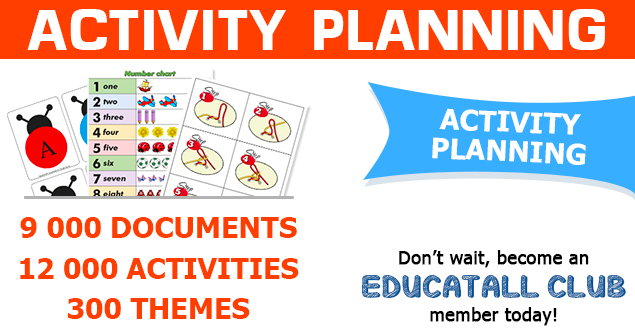
5 winning strategies for communicating with parents
Parents represent very important allies for early childhood educators. They can provide important insight, since they are the ones who know their child best. Communicating with them and establishing a relationship built on trust are important assets. However, using these assets is not always easy.
The more I work with early childhood educators, the more I realize how difficult approaching parents can be. I fully understand. Every time I must meet with parents to discuss observations or situations involving their child, I am overwhelmed with anxiousness. How will they react? How will they perceive what I have to say?
When everything is going well with a child, discussing with parents is easy. It is always much more pleasant to report a child's successes. However, when a problem arises, discussions can be uncomfortable. There is no magical method, but respecting certain guidelines can help make difficult conversations easier on everyone.
Full disclosure is necessary
Honesty remains the nucleus of good communication. Hiding details of their child's daily life from parents will never be helpful. However, I feel that discussing a problem gradually is much better than "exploding" and telling parents about all the details you have accumulated all at once. Parents must be made aware of what is going on regularly so they have a realistic picture of their child's strengths and challenges.
Build a strong relationship with parents from the start
Take the time to get to know the parents of the children who attend your daycare. Make a habit of spending a few minutes chatting with them before problems occur. If you have already established a relationship, it will be much easier for you to approach them. What's more, parents will be more open to your comments, your expertise, and your solutions.
Show parents you care about their child
Understanding the fact that parents cherish their child more than anything is important. They must believe you care about their child as much as they do. If parents have the impression you see their child as a "problem", they will not be open to communicating with you and they will not be willing to collaborate. Clearly express how much you care about their child and parents will be more open to your comments.
Beware of judgemental comments
Judgemental comments, regardless of their nature, can destroy a relationship. Whether it's a professional relationship or a friendship, judgemental comments are inappropriate. When discussing with parents, always use observable and measurable facts. Focus on the behaviours you have noticed and avoid interpretations.
Use constructive feedback
Where there are difficulties, there are solutions. When you discuss a problem with parents, try to always have solutions in mind. Suggesting solutions can act as constructive feedback and lead to positive discussions. Encourage parents to suggest tricks they feel may be helpful too. Collaborating with parents will always lead to win-win situations that will help their child while preserving a harmonious relationship with parents.
One thing is certain, you must avoid sticking your head in the sand and hiding a child's difficulties from his parents. Discussing developmental or behavioral difficulties is part of your role. Of course, you are not responsible for parents' reactions or the decisions that result from your discussions. However, know that once parents are made aware of a problem, your have done your job.
Maude Dubé, Specialized educator

 Home
Home Theme activities
Theme activities
 Babies and toddlers
Babies and toddlers
 Arts and crafts
Arts and crafts
 Science
Science
 Creative recipes
Creative recipes
 Tips and tricks
Tips and tricks
 Special needs
Special needs
 Extra activities
Extra activities
 Educ-TV
Educ-TV
 Newsletter
Newsletter  Online store
Online store Educatall club
Educatall club

